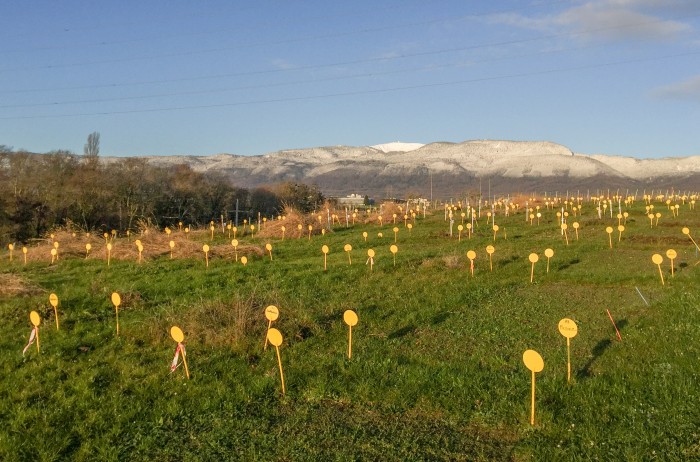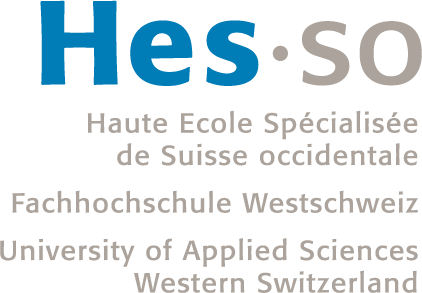
Alternative to glyphosate: allelopathic ecotype selection for a sustainable and ecological management of weeds in viticulture and arboriculture
Federal Council just proposed, in its plan action on phytosanitary products (PP), a large reduction of the use of herbicides in agriculture by 2020. At the same time, a popular initiative, currently in progress of collecting signatures, aims at a total ban of synthetic PPs in Switzerland. The need for alternatives to pesticides stems from environmental and societal reasons: health risks, water pollution, loss of biodiversity. Among the most controversial molecules is the glyphosate: the most used pesticide in the world and in Switzerland. One of the main uses is weed control in special crops (vineyards, orchards, nurseries). In Switzerland, 80% of these crops are treated with glyphosate, especially for weeding on the crop row (cavaillon), for lack of satisfactory options.
The aim of this project is to develop an alternative method to herbicides to control weeds on the cavaillon: the installation of a vegetal cover, which is not very competitive and allelopatic. This last property is typical from many plant species, which synthetise and release into the environment secondary metabolites that inhibit the germination and growth of neighboring plants. We are considering to achieve a first selection of species and ecotypes presenting optimal characteristics for our application: reduced size and vigor as well as allelopathic properties. A better understanding of the phenomenon and molecules involved should allow to solve the main difficulties faced in the insallation of a vegetal cover on the cavaillon: it must be sustainable and allows proper control of agressive weed flora, while remaining weak and uncompetitive to the crop. In this project, we propose to develop in vitro biotests to detect molecules potentially implicated in the phytotoxic effects of plant extracts. The active fractions will be separated by chromatography and the molecules of interest will be analysed by LC-MS/MS and NMR to determine their structure. The knowledge of metabolites as well as the genetic variability of their production will open up prospects for the creation of highly allelopathic lines; an approach that can interest industrial partners (seed companies).
2018 – in progress
Partners: Hepia and HES-SO Valais
Funding: HES-SO


